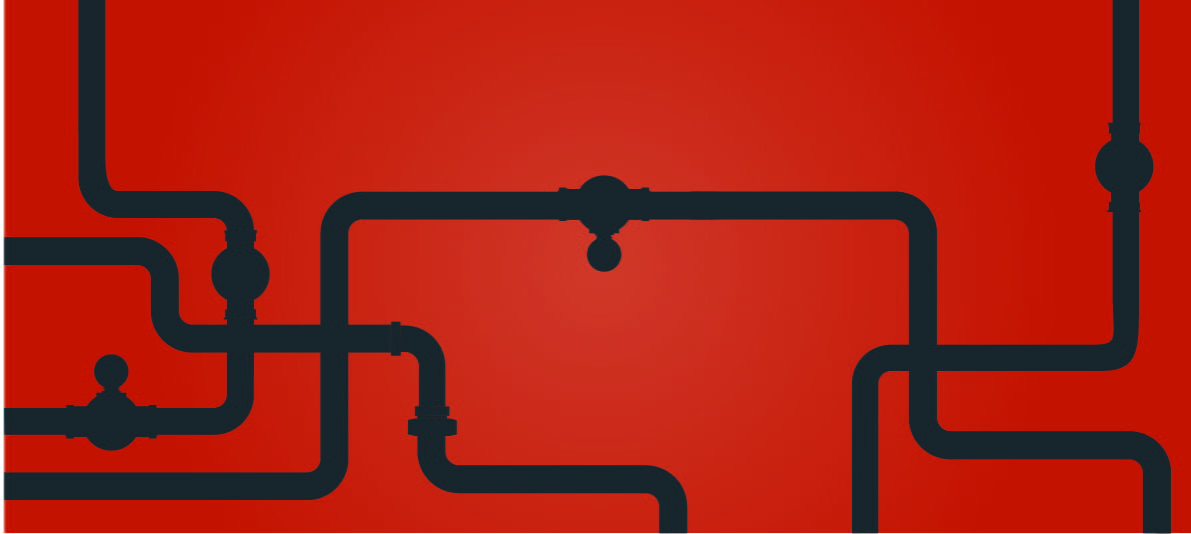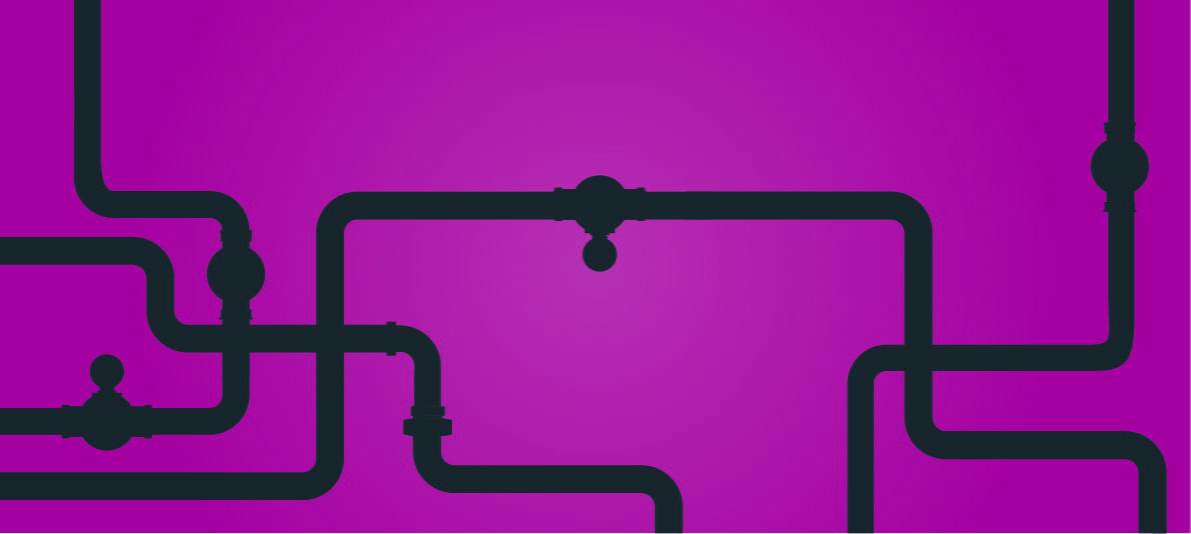Ofgem's Standards of Conduct and Guaranteed Standards Framework will form a key part of the authorisation regime when regulation is introduced – with the ability for certain customers to claim compensation payments for poor service.
This article is part of our Heat Network Regulation series which looks at key issues under the latest round of consultations published by Ofgem and the Department for Energy Security and Net Zero on 7 November 2024. If you have any involvement with a heat network, check how regulation will apply to you and whether you will be considered a heat network "operator" or "supplier".
Standards of Conduct
Ofgem's Standards of Conduct, a set of outcome-focused principles, are intended to underpin relationships with consumers. It is expected that these will apply to all interactions between regulated entities and consumers.
Five Standards of Conduct will apply, with an overarching objective that each consumer is treated fairly:
-
Supplier behaviour: Consumers must have a positive experience and be treated fairly.
-
Provision of information: All information provided to the consumer must be accessible, clear, complete, and accurate, provided in a timely manner, specific and not misleading.
-
Customer service: All regulated entities must deliver effective customer service that is easy for consumers to access, with requests or complaints resolved promptly.
-
Vulnerability: Suppliers must consider individual consumer circumstances, have a proactive approach to vulnerable consumers and provide appropriate support.
-
Consumer engagement: Suppliers should operate a feedback mechanism to enable consumer engagement that is accessible to all consumers.
In most instances, the heat network supplier will be the primary contact for consumers, with a clear complaints handling process. Guidance and minimum standards will be developed to ensure regulated entities meet expectations.
Guaranteed Standards and Compensation Payments
Ofgem intend to put in place a Guaranteed Standards framework to provide customers with certainty on the supply and performance standards they can expect. Heat network operators and suppliers will be required to make compensation payments to the customer for failing to meet certain key standards.
The proposed Guaranteed Standards and compensation payments amounts are broadly comparable with the Heat Trust Scheme Minimum Guaranteed Service Payment Amounts (available to view here) – for example, £45 per day payment for unplanned interruptions (up to a cap of £720).
Landlords or ESCOs that appoint third party contractors to operate or maintain the heat networks need to ensure that these Guaranteed Standards, timescales, and payments are flowed down to their contractors so if the contractor's failure to operate or maintain the system results in compensation payments being made to residents, the landlord/ESCO is able to recover such amounts.
Ofgem acknowledges that third party appointments are often long-term contracts, and it can be difficult to negotiate change. For existing networks, it is proposed that landlords should use "best endeavours" to update existing contracts to align with the upcoming Guaranteed Standards and compensation payments.
"Not-for-profit" landlords – exemptions for social landlords?
The consultations acknowledge that compensation payments may be difficult for "not-for-profit landlords" to implement and would likely result in an increase to customer tariffs.
To avoid the risk of customers funding their own compensation payments, Ofgem propose that "not-for-profit landlords" will be exempt from the Guaranteed Standards framework. Instead, it is proposed that these organisations will need to meet "Overall Performance Standards", with a requirement to notify Ofgem and (if requested) to submit an improvement plan if these standards are not met.
Further clarification will be needed from Ofgem on which entities will qualify as "not-for-profit landlords" - the consultation states registered social landlords who are "not-for-profit" could qualify but not local authorities. This fails to consider that many heat networks are run on a "not-for-profit" basis, regardless of the status of the operator or supplier entity. Private landlords with heat networks may often be run on a cost pass-through basis, where the landlord does not make profit.
Similarly, it is unclear whether certain ManCo run schemes would also be able to qualify as "not-for-profit" – while these are not traditionally viewed as not-for-profit landlords in the same way as housing associations, many ManCos will have similar difficulties in funding compensation payments without increasing heat prices for customers.
Security of Supply
Ofgem are also proposing to introduce a principle-based authorisation condition to encourage a proactive approach to maintenance. This will require the heat network operator to take all reasonable steps to minimise outages and disruptions to the network through maintenance (in accordance with industry best practice), promptly making any upgrades or modifications to ensure the network remains fit for purpose, and continuously monitoring and reporting on the performance of the network.
Although more detail is expected in the consultation on technical standards, it is not clear to what extent existing networks will be required to implement upgrades to meet current standards. The cost of upgrades to existing plant and equipment is likely to result in significant additional costs for the asset owner and/or higher tariffs for customers.
Market Segmentation – adaptable approach?
Heat networks across the UK vary widely in type, number of customers, consumer-base, technology, commercial and consumer characteristics. In order to regulate this diverse sector, DESNZ and Ofgem have proposed using market segmentation to group heat networks together based on common characteristics.
The three primary segments proposed are: large networks, small networks and "not-for-profit" networks. The intention is to allow an adjusted approach to regulation, depending on network type – for example, the alternative approach to compensation payments for "not-for-profit" networks.
This is a developing area under the consultations and further work is needed to define these three market segments more clearly. Ofgem are particularly keen for feedback on characteristics that make heat networks operationally challenging and whether a prescriptive minimum standard should be introduced over time to ensure consumers receive fair and equal service and protection.
This article is part of our Heat Network Regulation series. Read our overview of the proposals under the latest round of consultations.
If you are concerned about any of the issues raised under the consultations or how regulation may impact you, please get in touch with a member of our Energy and Sustainability team.



Sign up to our heat network mailings
Sign upWhy not explore these hot topics



INSIGHT - 20 Jan 2025
Heat Network Regulation: Heat contracts, billing, and landlord and tenant legislation
Read more


INSIGHT - 14 Jan 2025
Heat Network Regulation: Standards of conduct and compensation payments
Read more
INSIGHT - 13 Jan 2025
Heat Network Regulations: Scope of regulation and authorisation regime
Read more